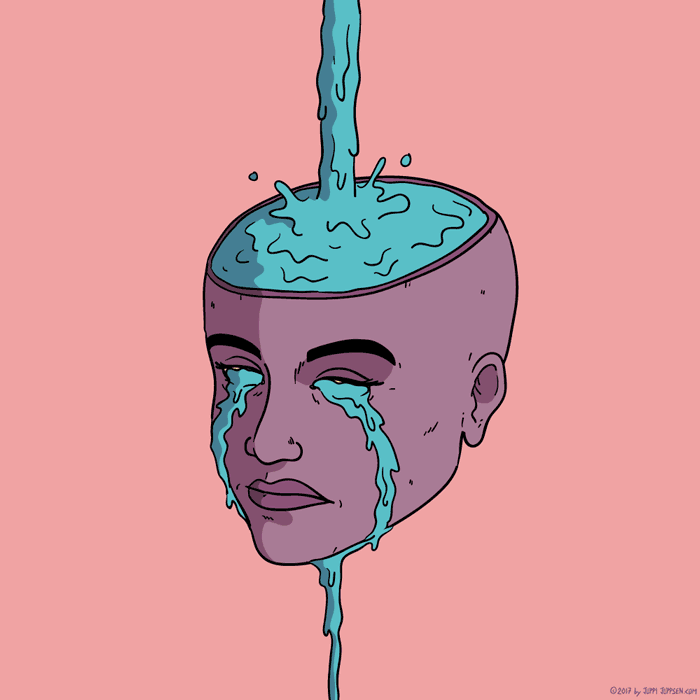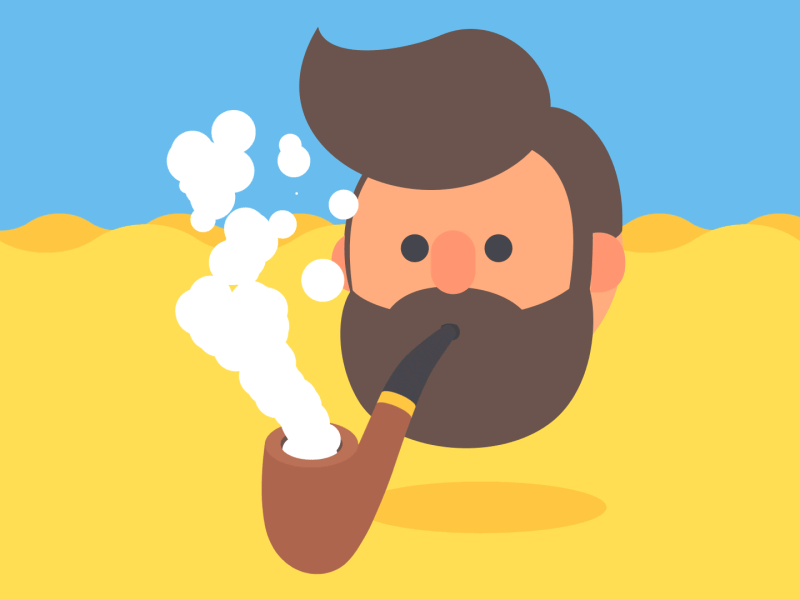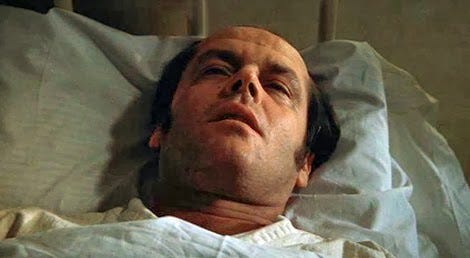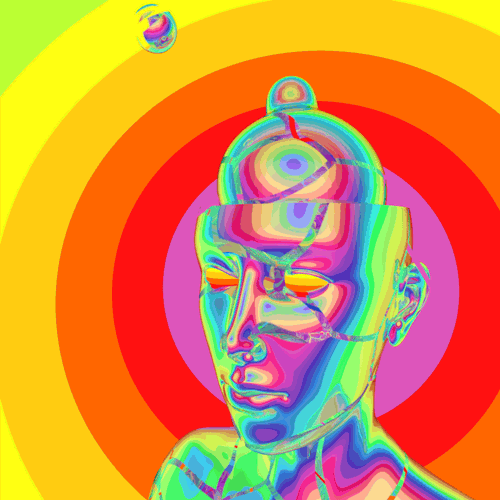
“The mind is not a vessel to be filled but a fire to be kindled.” — Plutarch
The Only Role of the Learner is to Receive?

I had a discussion about Education with one of the greatest thinkers of our time David Deutsch. David said that “One of the existing assumptions behind educational systems is that the purpose of education is to transmit valuable knowledge faithfully from one generation to the next. From the people who already have that knowledge to the people who don’t. So the knowledge is perceived as a valuable fluid which you pour from one generation to the next, you pour it into their brains. If it doesn’t work it is either because you haven’t poured it carefully enough or because they have rejected it. And notice that this is entirely authoritarian in an epistemological sense. It assumes there is an authority for knowledge, namely the previous holders and the only role of the learner is to receive that knowledge.

Our existing educational systems are concerned with passing on knowledge, these systems do not teach us how to question knowledge. These systems do not teach us “how to learn” so that we might question everything from a new standpoint. In a constantly evolving world, education must evolve. In a world of impending artificial intelligence, many jobs will evolve, will be annihilated and new ones will be created. Many people will be rendered unemployed and perhaps unemployable. Even if we successfully implemented universal basic income (as discussed on the innovation show here with AI expert Calum Chace), many people will suddenly discover a life of leisure. In that life of leisure, education is also important, in that world, having learned how to learn will be an existential skill. We cannot yet fathom what new jobs the world will create, because the technologies that they will support have not yet been invented.
Many people will be rendered unemployed and perhaps unemployable. Even if we successfully implemented universal basic income (as discussed on the innovation show here with AI expert Calum Chace), many people will suddenly discover a life of leisure. In that life of leisure, education is also important, in that world, having learned how to learn will be an existential skill. We cannot yet fathom what new jobs the world will create, because the technologies that they will support have not yet been invented.
The Argument from Authority

“One of the great commandments of science is, “Mistrust arguments from authority.” … Too many such arguments have proved too painfully wrong. Authorities must prove their contentions like everybody else.” — Carl Sagan (in ‘The Demon-Haunted World: Science as a Candle in the Dark’.)
We commonly believe we would consider any information presented to us independently of the individual who was delivering that information. In reality, the status and credentials of the individual greatly influence our perception of the information we receive. In logic, defeasible reasoning is a kind of reasoning that is rationally compelling, though not deductively valid. The Argument from Authority is a “defeasible” argument in which a claimed authority’s support is used as evidence for an argument’s conclusion. History gives us many examples where people agree on something that is totally wrong, even when it was claimed by an expert.

In the 1930’s neurologist, Walter Freeman practised a procedure which he named the “lobotomy”. The procedure severed the connection between the frontal lobes and the thalamus, it was dubbed the “icepick lobotomy”, initially he used an ice pick, but eventually he developed short, thin metal spears he drove through the back of the eye socket with a mallet. Freeman performed in psychiatric institutions and disgracefully, 40% of Freeman’s patients were gay individuals subjected to a lobotomy in an attempt to change their homosexual orientation, leaving most of these perfectly healthy individuals severely disabled for the rest of their life. In 1951, one patient at Iowa’s Cherokee Mental Health Institute died when Freeman suddenly stopped for a photo during the procedure, and the surgical instrument accidentally penetrated too far into the patient’s brain. Freeman wore neither gloves nor a mask during these procedures. It is believed Freeman performed over 2,500 of these lobotomies. Eventually, when Science caught up to Freeman’s claims, the same scientific community who lauded him in one era now rejected him. He had his authority revoked and he was outcast, but why did Freeman get so far?
Freeman may have meant well, but acted without solid evidence. In absence of trusted data, his status, qualifications and authority were enough to establish trust and belief. As a result, many people were severely disabled or died. This is a severe, but not an isolated case of The Argument from Authority (We discuss other biases, fallacies and heuristics on next week’s innovation show with David McRaney from his book, ‘You are Not so Smart.”
We are conditioned from a young age to blindly obey authority, to believe teachers even when they lack a passion for the vitally important role they play in society. Nations are conditioned to trust in the authority of religious leaders, while many are the very antithesis of what they preach. We are conditioned to trust that our political leaders have our best interests at heart. Why? Because they are in a position of authority.
Connecting Dots, Not Collecting Dots

“Creativity is just connecting things. When you ask creative people how they did something, they feel a little guilty because they didn’t really do it, they just saw something. It seemed obvious to them after a while. That’s because they were able to connect experiences they’ve had and synthesize new things. And the reason they were able to do that was that they’ve had more experiences or they have thought more about their experiences than other people. Unfortunately, that’s too rare a commodity. A lot of people in our industry haven’t had very diverse experiences. So they don’t have enough dots to connect, and they end up with very linear solutions without a broad perspective on the problem. The broader one’s understanding of the human experience, the better design we will have.” — Steve Jobs
The education system of yesteryear (still in existence today) conditions us to collect dots (information, facts, knowledge). We collect as many dots as possible long enough to pass our exams and then dump all the dots as soon as the exams are over, often never to be used again. While this is a great way to form discipline and a fantastic brain training exercise, becoming a person who can collect information will not guarantee career survival in the future. Artificial Intelligence can (and will increasingly) collect dots at a pace that no human brain can compete with. In a recent competition at Columbia University between human lawyers and their artificial counterparts, both had to read a series of non-disclosure agreements and identify loopholes in them. The AI found 95 per cent of them and the humans 88 per cent, but the human took 90 minutes to read them.
Teaching children to think critically, to think clearly, to experiment creatively, to challenge respectfully, to understand biases and to challenge existing worldviews is ever more important than filling their minds with knowledge. Giving them the tools to learn is vital. In an increasingly complex world, being adaptive and having the ability to navigate the complexity is crucial for human survival.
“The lucky few who can be involved in creative work of any sort will be the true elite of mankind, for they alone will do more than serve a machine.” — Isaac Asimov
Episode 147 of the Innovation Show is “Defining You: How to profile yourself and unlock your full potential” with author Fiona Murden
“There is only one corner of the universe you can be certain of improving, and that’s your own self.” — Aldous Huxley
Have you ever wondered what a profiling session would tell you about yourself?
Our guest helps some of the most successful people in the world to understand their behaviour and improve their performance. Here she guides you through the professional profiling assessment process in private, to help you discover your strengths, understand what really drives you and learn which environments will help you to excel.
Our behaviour is at the core of what we do. This is your ultimate self-awareness toolkit to help you understand both your own and other’s behaviour and to positively influence it. Along the way, you may even start to sleep better, think more clearly and have good moods more often.
More about Fiona here: https://fionamurden.com/
Have a listen:
Have a listen here:
Soundcloud https://lnkd.in/gBbTTuF
Spotify http://spoti.fi/2rXnAF4
iTunes https://apple.co/2gFvFbO